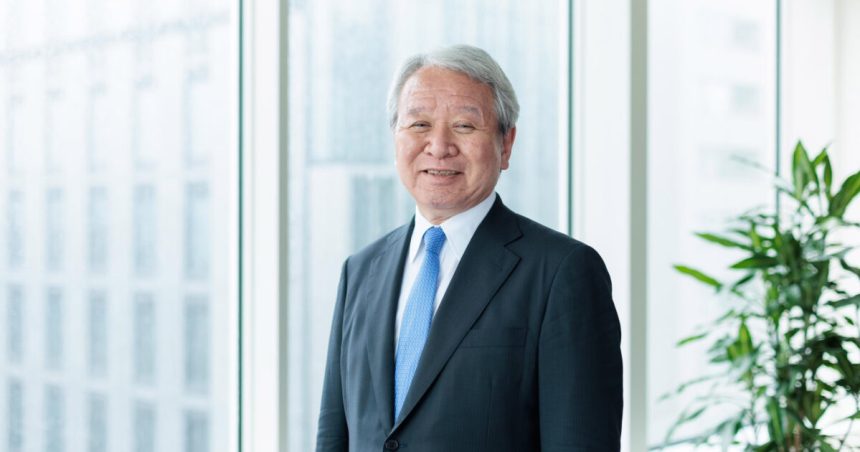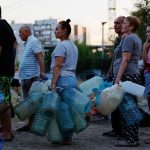Japan’s top law enforcement officials apologised to the family of a businessman who was wrongfully arrested and died after a months-long detention.
Shizuo Aishima, a former advisor to machinery firm Ohkawara Kakohki, was one of three company executives illegally held in pretrial detention for months on charges that were later dropped.
Human rights campaigners have long demanded an end to Japan’s “hostage justice” practice, where investigators use lengthy pretrial detentions to coerce confessions.
Senior officials from the Tokyo police, the top public prosecutor’s department and the Tokyo prosecutor’s office visited Aishima’s family and grave on Monday.
“We sincerely apologise for conducting the illegal investigation and arrest,” Tetsuro Kamata, deputy superintendent-general of Tokyo Metropolitan Police, said during a televised meeting with the family.
Aishima’s wife said: “I accept the apology but I won’t be able to forgive.”
The three men were detained and indicted in March 2020 on charges they illegally exported spray dryers capable of producing biological weapons — exports they argued were legal.
Aishima was diagnosed with progressive cancer in October 2020, but prosecutors kept him detained, arguing that he could destroy evidence if released. He was admitted to hospital a month later.
His two colleagues were released in February 2021 on condition that they would not meet with Aishima, preventing them from seeing him before he died that same month.
Prosecutors later dropped the charges, prompting Aishima’s family and colleagues to sue authorities.
The Tokyo High Court found that the investigation, arrests and indictment were illegal and not supported by evidence.
The family’s lawyer Tsuyoshi Takada told a press conference that the men’s detention — authorised several times in court — “was not the mistake of a single judge”.
“We need to change the mistaken attitudes of all judges,” he said.
“The court must learn from this and think about what they can do so that there won’t be more victims of ‘hostage justice’ in the future.”
AFP









